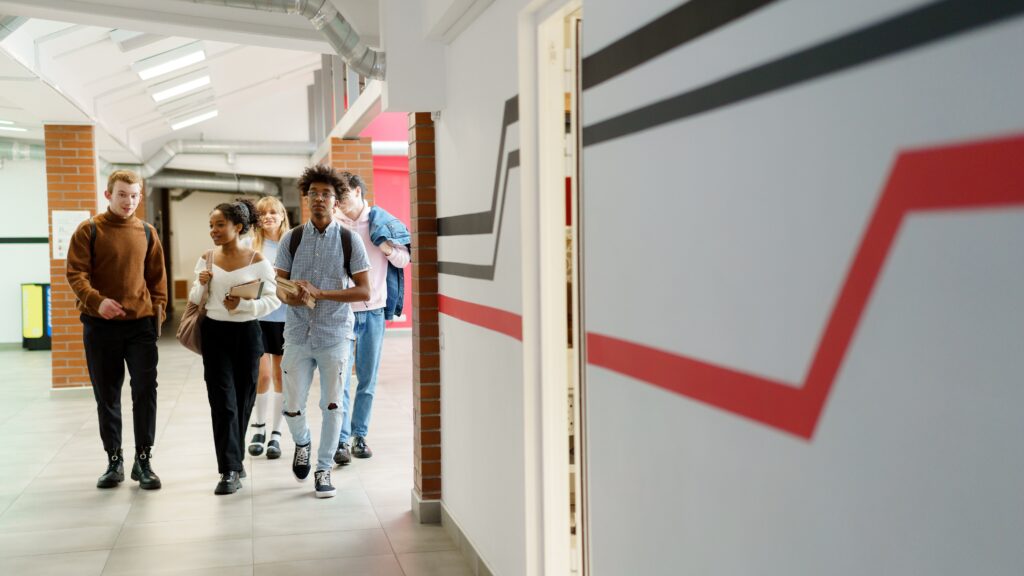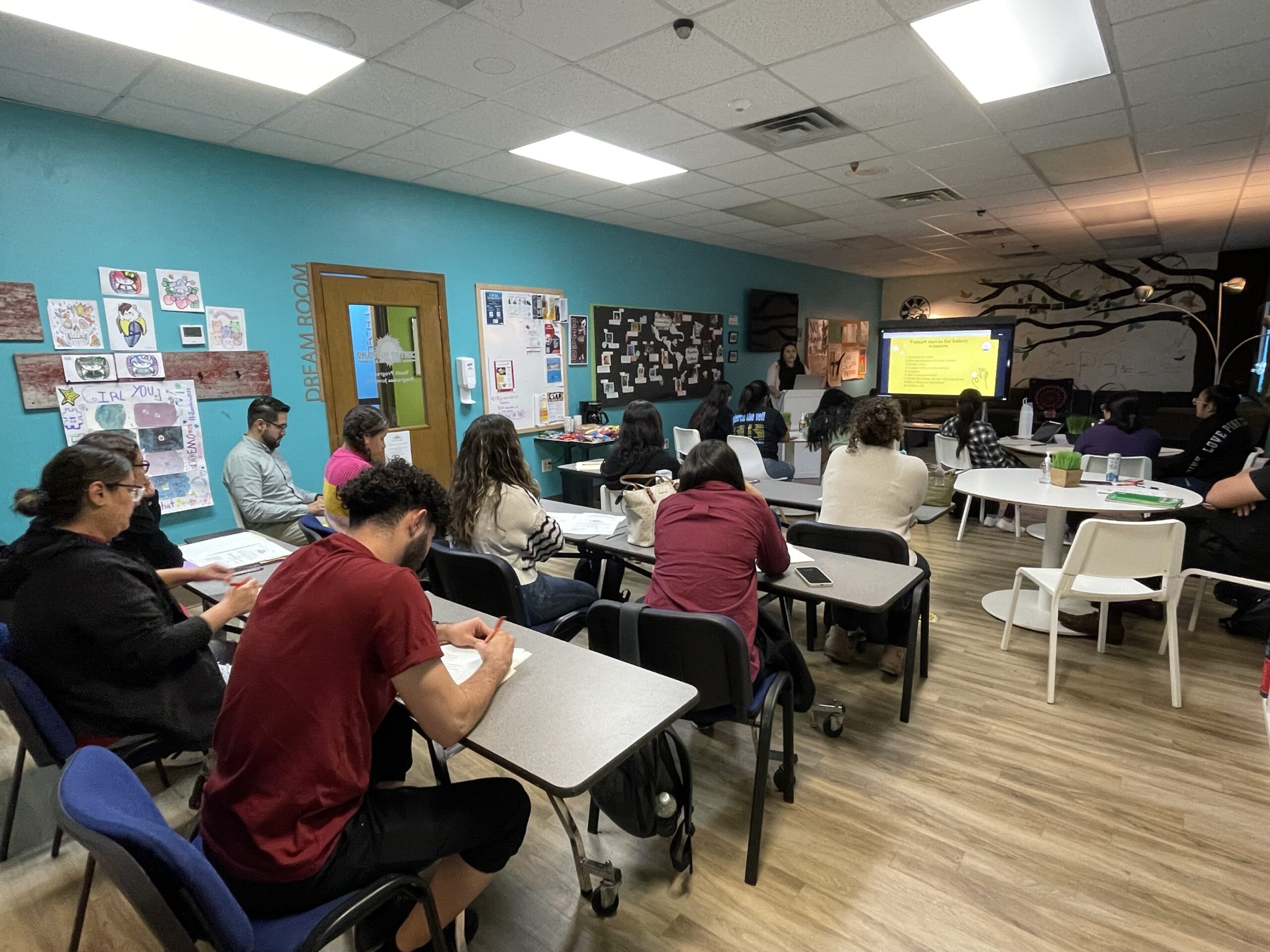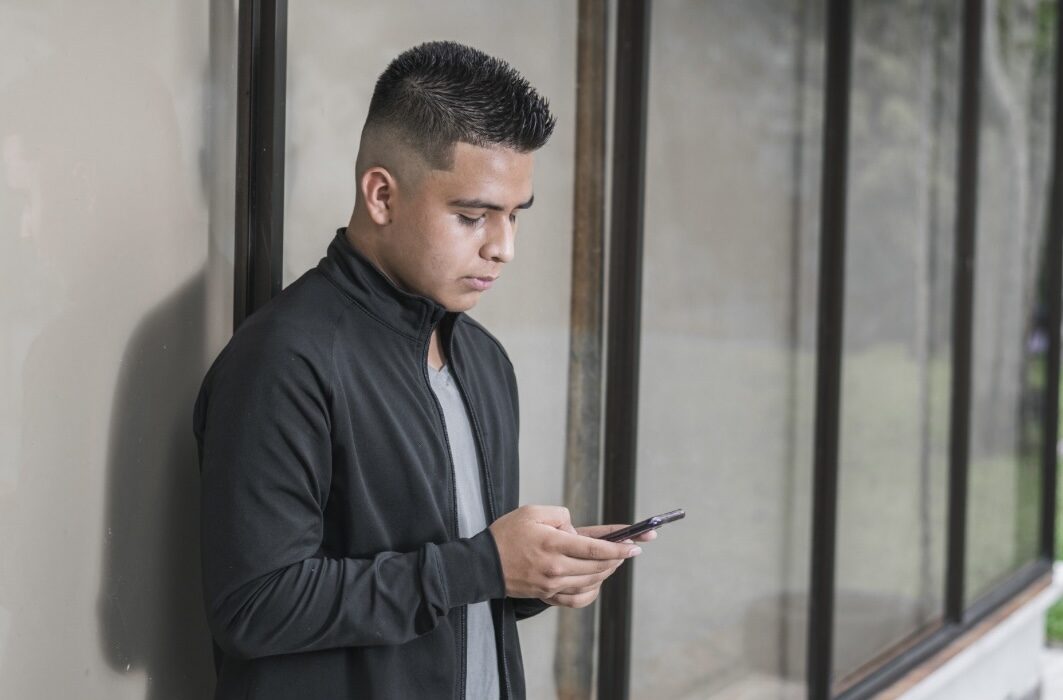Another monumental decision by the Supreme Court this year has struck down affirmative action, declaring that race cannot be considered by higher learning institutions during the college admissions process.
The 6-3 decision ruled in favor of Students for Fair Admissions, who sued Harvard University and the University of North Carolina (UNC), alleging that race-conscious practices discriminate against Asian American prospective students.
In the majority ruling, Chief Justice John Roberts said, “The student must be treated based on his or her experiences as an individual –not on the basis of race. Many universities have for too long done just the opposite. And in doing so, they have concluded, wrongly, that the touchstone of an individual’s identity is not challenges bested, skills built, or lessons learned but the color of their skin. Our constitutional history does not tolerate that choice.”
Unlike the use of racial quotas, which were deemed unconstitutional in 1978, affirmative action intends to consider race holistically, recognizing barriers to education. The 2003 Grutter v. Bollinger case allowed affirmative action, ruling that because college acceptances and rejections are not based on the sole variable of race, it was not a violation of the 14th Amendment.
WI higher education institutions react
Leaders at Marquette University penned a letter to community members, expressing their commitment to current and future students, “Marquette will continue to do everything we legally can to recruit a diverse student body that reflects the world around us and enhances the transformational education we seek to provide.”
In 2022, Marquette University and 56 other Catholic colleges and universities joined an amicus brief urging the court to uphold affirmative action as it considered the Harvard and UNC cases.
This ruling comes as UW-Madison welcomed its most diverse incoming freshman class this fall, with about one-third identifying as students of color, a 6% increase from the previous academic year.
“The full implications of today’s ruling — both nationally and on our campus — will not be known for some time. UW–Madison and UW System attorneys are now carefully reviewing the Court’s opinions and monitoring the potential release of additional guidance from relevant federal agencies,” Chancellor Jennifer L. Mnookin said in a statement.
The statement continues, stating that the school’s admissions process will be modified to comply with the law.
“This will certainly disadvantage students who don’t have access to college counselors and consultants, tutors, in other words, poor, minority students,” U-W Madison Political Science Professor Howard Schweber said during an interview with Fox6 News.
Republican lawmakers target diversity programs at the local level
Days before the Supreme Court decision, local lawmakers voted to cut the University of Wisconsin System’s budget by $32 million, despite a $7 billion state budget surplus. $32 million, republicans say, is what they estimate would be spent on UW’s diversity, equity and inclusion programs over the next two years.
“They need to refocus their priorities on being partners on developing our workforce and the future of the state and we’re hopeful that they’re going to be ready to do that as we move forward,” Republican State Rep. Mark Born, and co-chair of the Legislature’s budget-writing committee said.
Prior to the official cut, System President Jay Rothman warned of potential tuition increases and school closures if the committee carried out the proposed budget.
“It’s just that simple,” he stated. “We do not have the resources to continue to simply do what we have done before.”
According to the fall 2022 enrollment numbers, Hispanic students account for 7.2% of the UW Systems student body. 5.1% of students identified as Asian, 2.9% African American and 72.9% identified as white.




